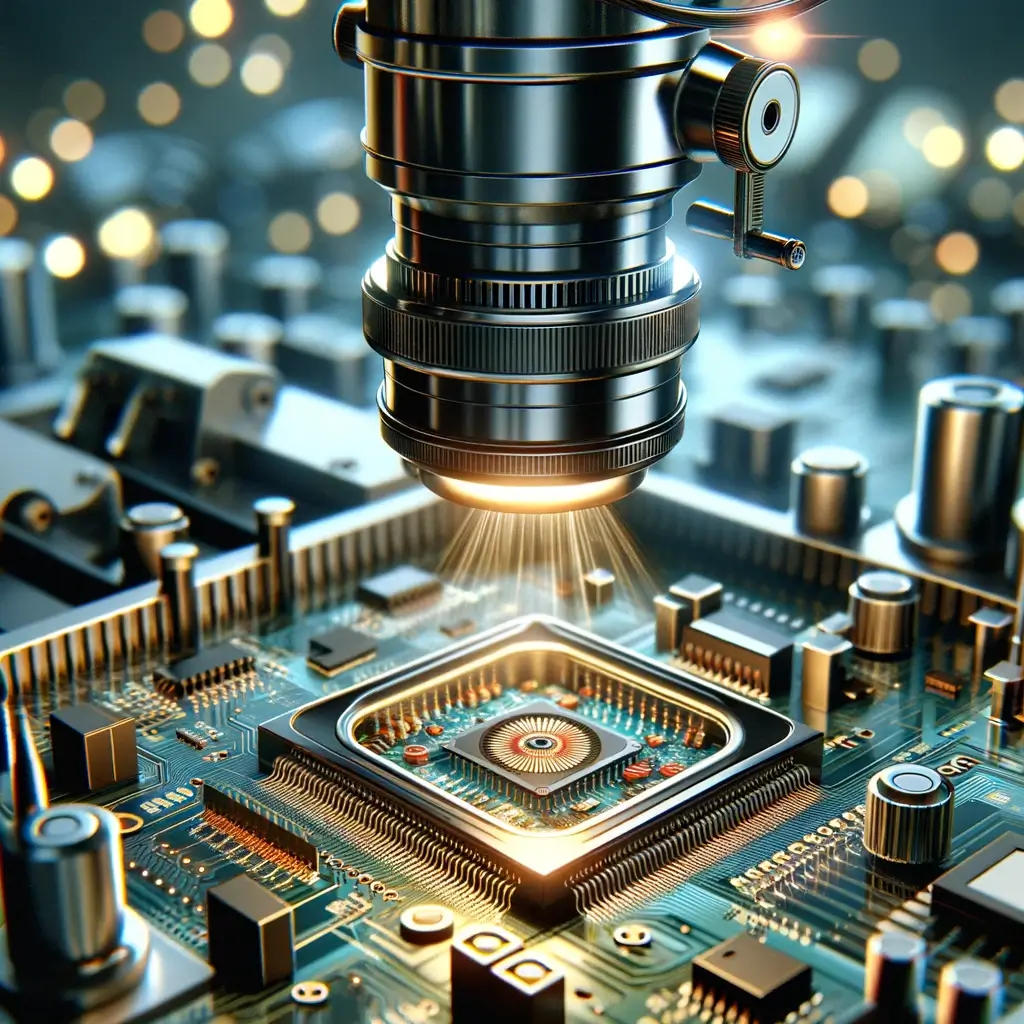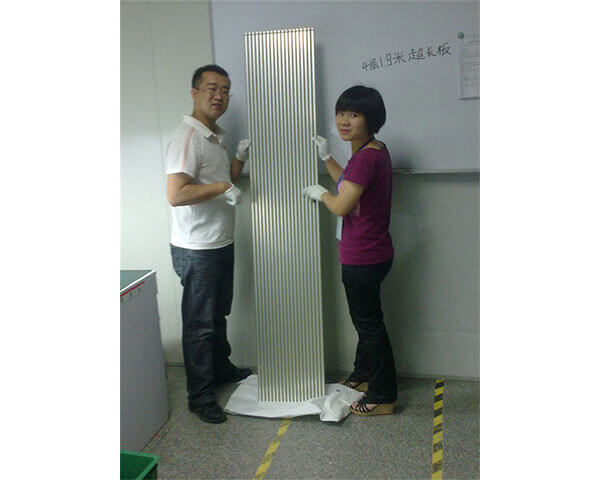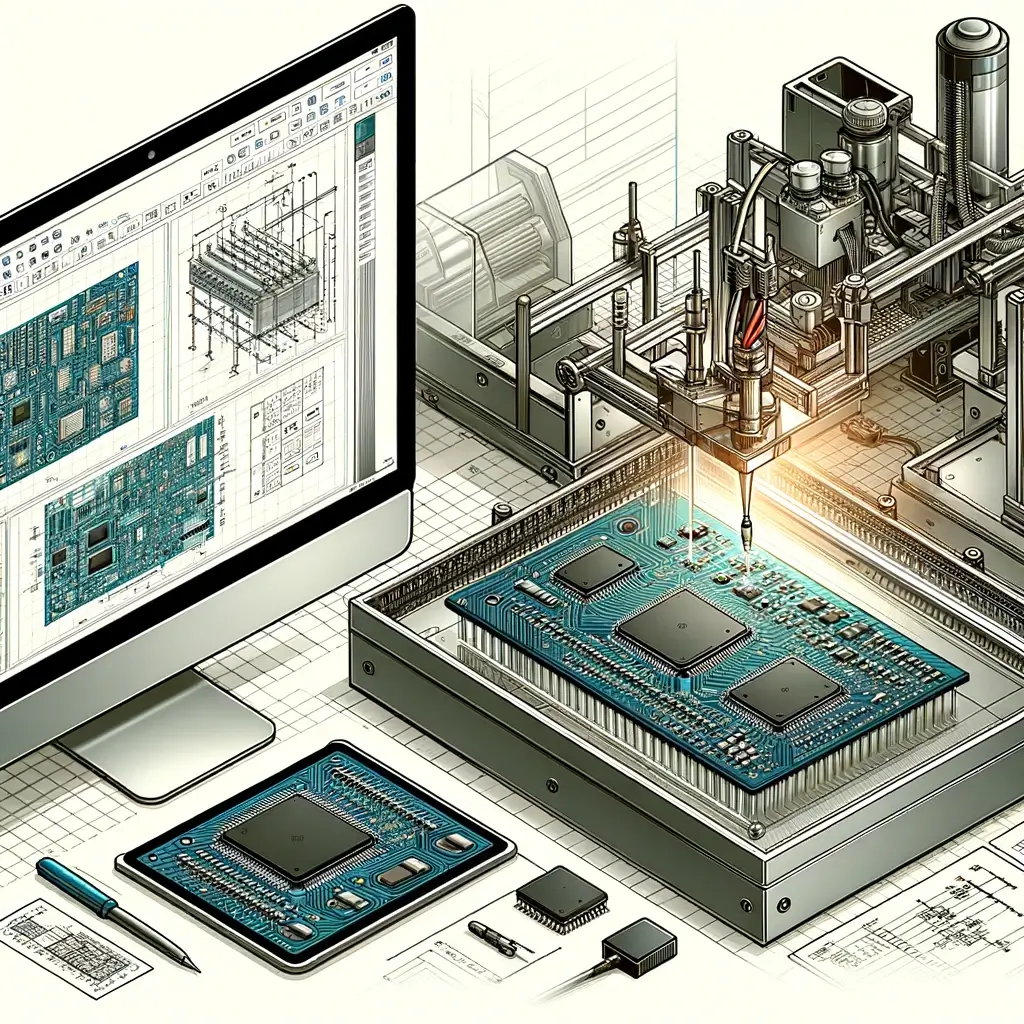What Factors Slow Down Printed Circuit Board Manufacturing?
Printed circuit board (PCB) manufacturing can be a complicated process that requires a dedicated workforce and specialized equipment. From designing the board to assembly, there are numerous factors that can slow down the entire process, causing production delays and increased costs. In this blog, we’ll focus specifically on some of the factors that can slow down printed circuit board manufacturing.
1. Delayed Design Process: One of the primary reasons that can slow down PCB Manufacturing is the design process. A PCB must go through a series of design stages, including schematic design, component selection, layout, and manufacturing data creation. Any delays in the design process can result in the entire manufacturing process being slowed down.
2. Quality Issues: Poor quality can result in circuit board failure. If any of the components are poorly designed or installed, it can lead to operational problems. One recurrent issue that can lead to quality problems is with the PCB’s soldering process.
3. PCB Layout Challenges: PCB layout, where components and all the traces must be properly laid out, is crucial in PCB manufacturing. PCB layout challenges can arise due to the complexity of the board and customer requests to make modifications during the design process. These challenges can further slow down the PCB manufacturing process.
4. Supply Chain Issues: Printed circuit board manufacturing operations rely on a complex supply chain to maintain an uninterrupted production process. A delay in the supply chain could result in production disruptions and affect the entire manufacturing process.
5. Waiting Times: The testing phase of the PCB is a crucial stage that can slow down PCB manufacturing. It can lead to waiting times that can range from a few hours to several days. The waiting times also depend on the type of tests, which pressure and the temperature the PCB must be tested under, to name a few.
Conclusion:
In conclusion, printed circuit board manufacturing is a time-sensitive process. Any errors or performance issues concerning the board quality could lead to production delays, increased costs, and missed deadlines. Although various factors may slow down PCB manufacturing, it’s vital to have a streamlined process from the designing stage to the final board assembly. The PCB design and manufacturing process will remain smooth if manufacturers ensure their staff are well-trained and equipped to deal with any challenges that they might encounter during the production process. Ultimately, every PCB manufacturer needs to stay vigilant and have a comprehensive plan to deal with any of the issues highlighted in this blog for a successful outcome.



